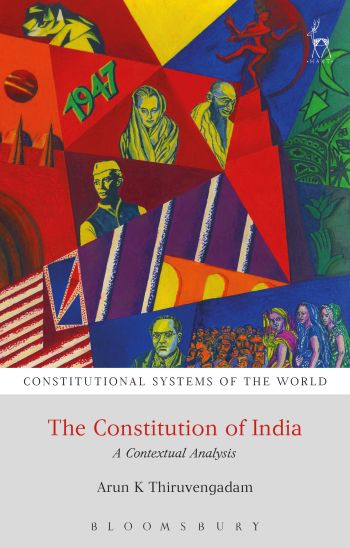
This book provides an overview of the Indian Constitution by situating it within its larger socio-political context. It focuses on the overarching principles and the main institutions of constitutional governance that the world's longest written constitution inaugurated in 1950.
The nine chapters of the book address the following topics: the pre-history of the constitution and its making; the structural features and actual operation of principal governance institutions including the executive and the parliament, the institutions of federalism and local government, the judiciary, and the set of 'counter-democratic' institutions that play distinctive roles in the Indian political and regulatory landscape; and finally, the crucial issues of multiculturalism and constitutional change in India.
The book employs a narrative form to describe the twists and turns and the challenges confronted across nearly seven decades of the operation of the constitution. It departs from conventional Indian constitutional scholarship by placing less emphasis on constitutional doctrine (as evolved in judicial decisions delivered by the High Courts and the Supreme Court), choosing instead to highlight the political bargains and extra-legal developments that have influenced constitutional evolution.
Written for a general audience that is interested in understanding the complex yet fascinating challenges posed by constitutionalism in India, the book's unconventional approach to some standard issues will stimulate the more seasoned student of constitutional law and politics.